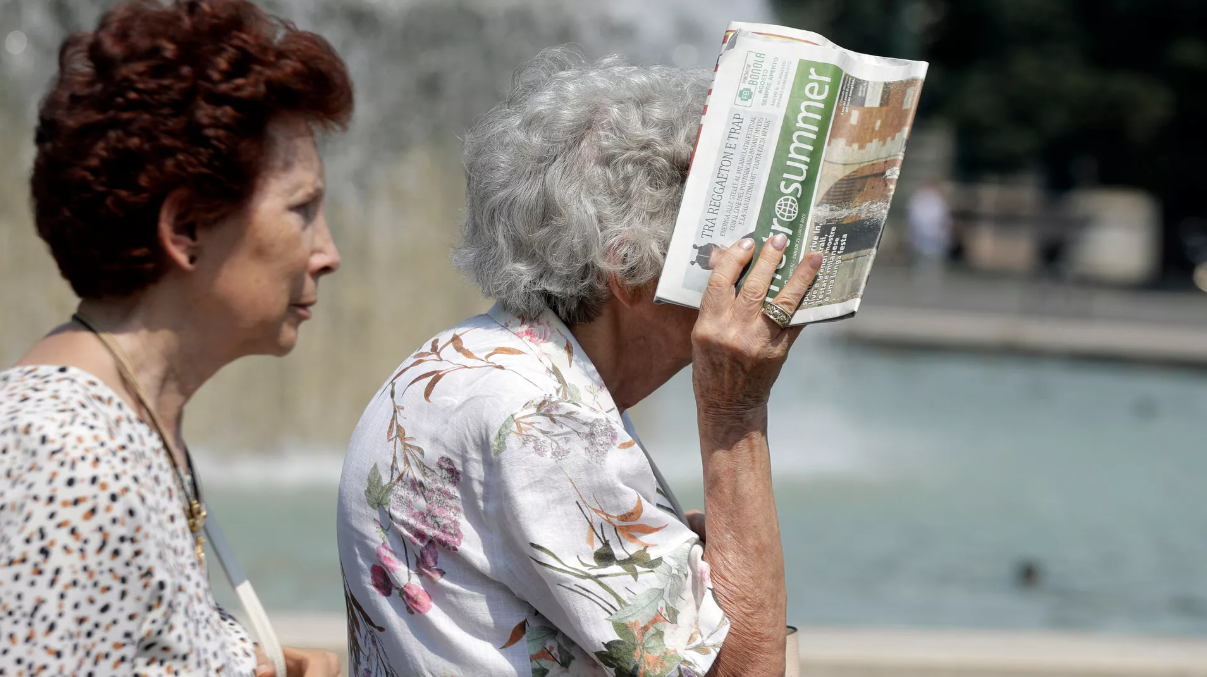
Heat and Ageing: A Hidden Threat
🔬 The study, published in Science Advances, analysed data from over 3,600 adults aged 56 and older across the United States. Researchers from the University of Southern California (USC) examined participants' biological markers in relation to local temperature patterns.
Their findings? Older adults living in areas with frequent days above 32°C—classified as "Extreme Caution" or higher by the US National Weather Service—had an accelerated biological age, in some cases by more than a year.
What Is Biological Ageing and Why Does It Matter?
Unlike chronological age—which simply counts the years since birth—biological age reflects the actual wear and tear on the body. A higher biological age than chronological age is linked to increased disease risk and shorter lifespan.
For this study, researchers examined blood samples collected over six years (2010-2016), focusing on hot regions like Arizona. They measured biological age using epigenetic clocks—tools that track DNA changes over time—and cross-referenced the results with local heat and humidity data.
📉 Key discovery: Participants in hotter, more humid climates had faster-moving epigenetic clocks, even after adjusting for lifestyle factors like exercise, smoking, and alcohol use.
Why Humidity Makes It Worse
🔥 Heat alone is dangerous—but humidity makes it even worse.
"It's really about the combination of heat and humidity, particularly for older adults, because older adults don't sweat the same way," explains Jennifer Ailshire, a gerontology professor at USC and senior author of the study.
👵 As people age, their ability to regulate body temperature declines. In humid conditions, sweat evaporates more slowly, reducing the body's ability to cool itself. This increases the risk of heat stress and heat-related illness.
The Bigger Picture: Climate Change and Public Health Risks
🌡️ The planet is getting hotter. According to the World Meteorological Organization (WMO), 2024 was the warmest year on record, with global temperatures 1.6°C above pre-industrial levels.
☀️ Heatwaves are becoming more frequent and severe. Research has linked extreme heat to cardiovascular stress, kidney failure, and cognitive decline.
💀 The World Health Organization (WHO) estimates that heat kills over 175,000 Europeans each year. Without urgent action, climate change could cause 2.3 million additional deaths across Europe by 2099.
"If everywhere is getting warmer and the population is ageing, we need to get a lot smarter about heat mitigation strategies," says Ailshire.
How Cities Can Protect Older Populations
To combat the effects of extreme heat on ageing, researchers urge cities to invest in heat-resilient infrastructure, including:
🌳 More green spaces and tree planting to provide shade and cool urban areas
🏡 Heat-resistant housing designs to help regulate indoor temperatures
🚰 Improved access to cooling centers and hydration stations for vulnerable populations
Without such measures, rising temperatures could pose an even greater threat to the world's ageing population in the years ahead.